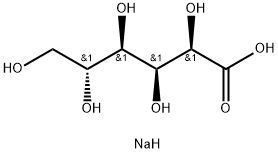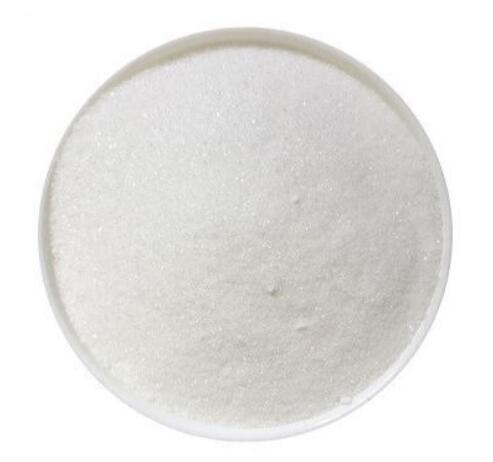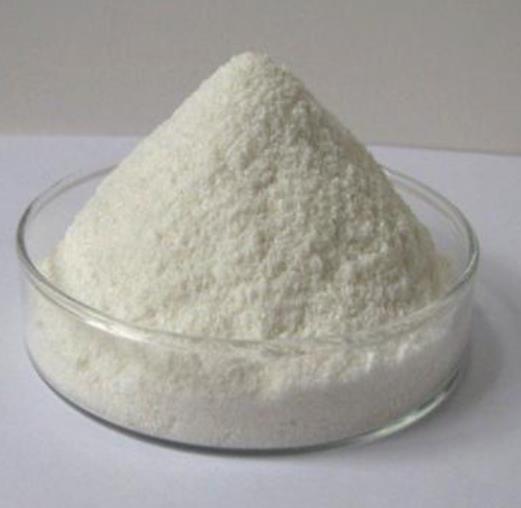Sodium Gluconate: Potential for Clinical Application and its Biological Synthesis
Sodium gluconate is a white or light yellow crystalline powder, which is easily soluble in water, slightly soluble in alcohol, and insoluble in ether. It is a deep-processed product of glucose and is also the basic raw material for preparing gluconolactone, gluconate (zinc, copper, ferrous salt), etc. In the food industry, it can be used as a nutritional supplement, curing agent, buffer, etc. This product has good thermal stability and is non-hygroscopic. Due to its excellent chelating properties, it is widely used in industrial sectors such as water treatment, electroplating, metal and non-metal surface cleaning, and cement production. It has a wide range of uses in chemical, food, pharmaceutical, light industry and other industries.
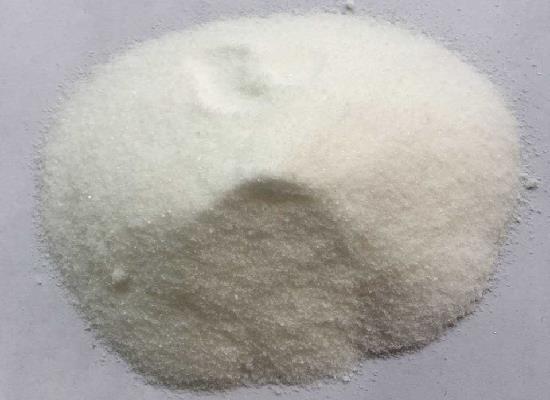
Figure 1. Sodium gluconate
Application of sodium gluconate
Used as a cement admixture
Adding a certain amount of sodium gluconate to cement can increase the plasticity and strength of concrete, and has an anti-setting effect, that is, delaying the initial setting period and final setting period of concrete. Sodium gluconate can be used as an admixture for concrete, and its role in concrete is a water reducer and retarder.
Used in medicine
Sodium gluconate plays an important role in maintaining extracellular osmotic pressure and capacity, regulating acid-base balance, and exerting normal neuromuscular function. It can effectively prevent the occurrence of hyponatremia and is a good sodium food additive (enhancer).
Used as a water quality stabilizer
Since sodium gluconate has excellent corrosion and scale inhibition effects, it is widely used as a water quality stabilizer, such as a treatment agent for circulating cooling water systems, low-pressure boilers, and internal combustion engine cooling water systems in petrochemical enterprises.
Used as a steel surface cleaning agent
When the steel surface needs to be galvanized, chromium-plated, tin-plated, nickel-plated, etc. for special purposes, such as manufacturing tinplate, galvanized sheet, surface chromium plating (electroplating), etc., the surface of the steel billet must be strictly cleaned so that the coating is firmly bonded to the steel surface. At this time, adding sodium gluconate to the cleaning agent will achieve a very ideal effect.
Preparation process of sodium gluconate
At present, the production methods of sodium gluconate mainly include biological fermentation, phase chemical oxidation, electrolytic oxidation, multiphase catalytic oxidation, etc. Next, let us introduce the biological fermentation method.
This method includes fungal fermentation, bacterial fermentation, and fixed cell fermentation. The most commonly used method is the Aspergillus niger fermentation method to produce sodium gluconate.
This method is to add a certain amount of nutrients to a 240-300g/L glucose solution, sterilize, cool to a suitable temperature, inoculate 10% Aspergillus niger seed liquid by volume, start stirring, ventilate, adjust the fermentation pH to maintain at 6.0-6.5, and keep the temperature at 32-34OC. Defoamers are added during the fermentation process to eliminate the foam generated during the fermentation process. The entire fermentation process takes about 20 hours, and the fermentation is considered to be over when the residual sugar drops to 1g/L. After the fermentation broth is separated from the bacteria, the fermentation broth can be vacuum concentrated and crystallized to obtain sodium gluconate crystals, or spray dried to obtain sodium gluconate powder products. This method has the characteristics of fast fermentation speed, easy control of the fermentation process, and easy product extraction, but it also has certain defects, such as the color of the product is not easy to control and the sterilization degree is required to be high.
You may like
Related articles And Qustion
See also
Lastest Price from Sodium gluconate manufacturers
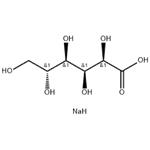
US $0.00/kg2025-10-09
- CAS:
- 527-07-1
- Min. Order:
- 1kg
- Purity:
- 98%
- Supply Ability:
- Customise

US $10.00/ASSAYS2025-08-19
- CAS:
- 527-07-1
- Min. Order:
- 1ASSAYS
- Purity:
- 99%
- Supply Ability:
- 1 ton
